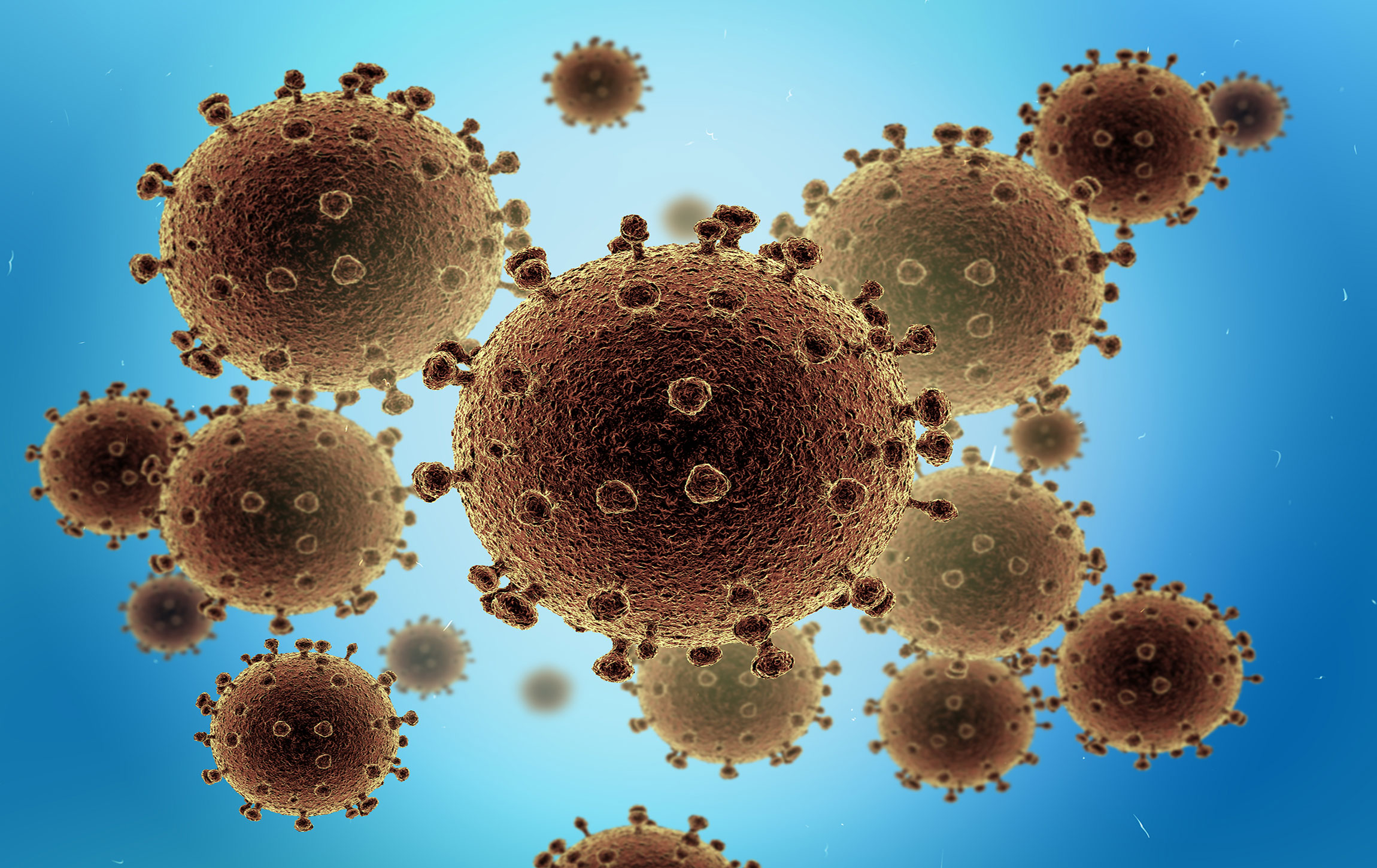
Therefore, the experts from the Balkans in Europe Policy Advisory Group have recognized the COVID-19 pandemic as a critical juncture, a crisis that can permanently shake up institutions and societies. None of these developments are inevitable and some of the consequences of the COVID-19 pandemic for the Western Balkans can be mitigated.
By exploring nine critical fields, the BiEPAG’s analysis The Western Balkans in Times of the Global Pandemic highlights the ways in which the pandemic and government responses pose particular challenges to: 1. The Role of the State, 2. Democracy and State Capture, 3. Geopolitical Shifts, 4. New Nationalisms, 5. Social Resilience, 6. Environmental Impact, 7. Migration and Health Care, 8. Health Care and Social Security and 9. Economic Implications.
With regard to all of the critical fields, the study examines the impact and outlines possible risks and opportunities before identifying specific interventions that could prevent the worst consequences for the region. The analysis is available in English, Albanian and Serbian and it can be found at the following link: https://bit.ly/359Cdop
Key messages of the BiEPAG’s policy brief:
- In its emergency response, the EU needs to include all Western Balkans countries in assistance and post-emergency reconstruction plans, irrespective of the status of their accession talks. The full inclusion of the region is essential so as to prevent dire economic consequences and geopolitical drift. Support to overcome post-crisis economic and social effects should be conditioned on measures to reduce state capture.
- The pandemic cannot be an excuse for an unlimited suspension of democracy and restrictions on civil liberties must be temporary, proportional and transparent. The EU needs to identify and monitor the restrictions concerning democratic institutions and civil liberties that are permissible during the state of emergency in the Western Balkans.
- The environmental crisis in the region will not be resolved or even ameliorated and faces the risk of becoming sidelined in the interest of a quick economic recovery. The combination of reduced car traffic during the lockdown and the continued record-high levels of air pollution have exposed the urgency of decisive action in regulating heavy industry: many large factories keep violating environmental standards and endangering the citizens’ health.
- To address the economic and social consequences, governments should support SMEs in particular, while also securing food supply for vulnerable groups. Finally, a temporary universal basic income could help citizens who have lost their livelihood.
- There is both a short- and long-term need to improve the quality of hospitals in terms of equipment, adequate supplies of medication, and reducing overcrowding of acute hospital wards, along with a raise in wages for hospital staff to secure their retention.A joint approach by governments and EU member states is required to address the shortage of medical personnel due to emigration from the region, which puts an additional strain on health care. Vulnerable groups, such as the Roma, need to be given access to healthcare and be protected from discrimination.
- A careful mixture of short- and long-term measures is needed to prevent the pandemic from turning into an enduring disaster for the Western Balkans. The crisis has also given greater visibility to many structural weaknesses in the region, from the weak health care systems, low trust in the state, to weak democracy and state capture, while at the same time awakening civic consciousness and serving as a backdrop for increased solidarity among citizens. Putting a spotlight on the weaknesses can help tackle them and build more resilient societies.